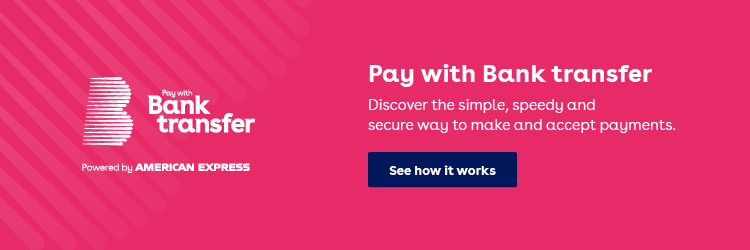
Yvonne Deane Harte
Principal, Capital Markets & Wholesale Policy, UK Finance
Tokenisation can make transactions swifter and cheaper, making it the future of capital markets. It can also remove barriers to entry and democratise the markets.
The more things change, the more they stay the same. The preoccupations of those who manage money and investments are age-old. The technology wrapped around these services, however, changes at pace.
Digitalisation and tokenisation repurposing crypto technology
Recent decades saw a move from open outcry trading floors to electronic exchanges. Trading, and the transfer of stock ownership, became electronic. The plumbing or post-trade processes, however, remained largely unchanged. Digitalisation is now underway to transform the capital markets.
DLT could bring unprecedented efficiencies to
post-trade processes, making transactions
swifter and cheaper.
From the crypto revolution sprung technology with wider potential. Distributed ledger technology (DLT) creates virtual networks allowing participants — rather than one authority — to record and move something of value.
Rather than reconciling separate records, participants use protocols to quickly agree on an immutable version of the truth. Across multiple jurisdictions, digital mirror images of existing securities or native digital securities are being created so that they can be represented and traded on DLT platforms.
Why tokenise a financial instrument?
Done well, the use of DLT could bring unprecedented efficiencies to post-trade processes, making transactions swifter and cheaper. Smart contracts could codify events in an instrument’s life cycle, such as a coupon payment in a bond, from the outset.
More fundamentally, the savings made through trading in this way could remove barriers to entry and democratise the markets. The crypto revolution shows that many consumers will seek out investment avenues.
Through tokenisation, less accessible assets can be broken down (fractionalised) into smaller units, granting investors greater access to the markets and a sense of ownership in UK plc.
How the UK can make the tokenisation transition
The UK has not yet led the way on securities tokenisation but is well placed to do so, with its world-leading common law system and commercial courts, strong infrastructure and deep pools of liquidity.
Regulators will rightly seek to ensure that operational resilience and investor support measures are in place. Government and industry will need to collaborate in the transition. For vibrant digital markets, separate technological walled gardens must give way to systems that interoperate well with each other.
Equally, we cannot rest on our laurels. The City of London’s capital markets have provided a home for new opportunities to meet investment since the 16th century. By acting swiftly and decisively, the UK can protect the relevance of these valued markets.
UK Finance is the collective voice for the banking and finance industry. Learn more at ukfinance.org.uk


